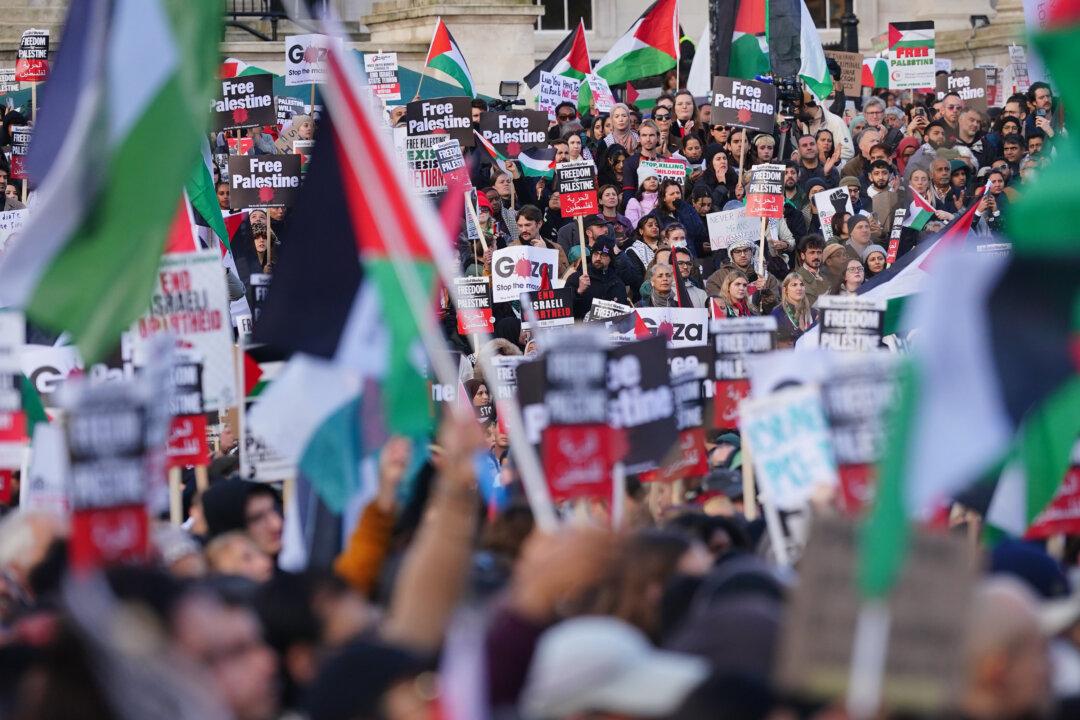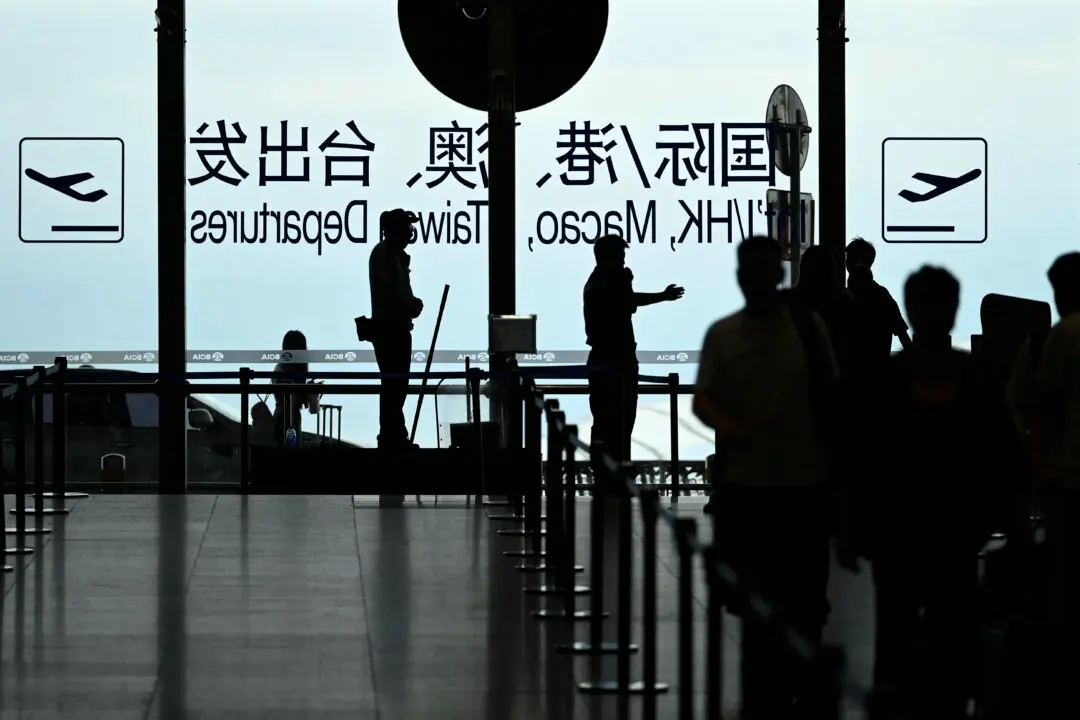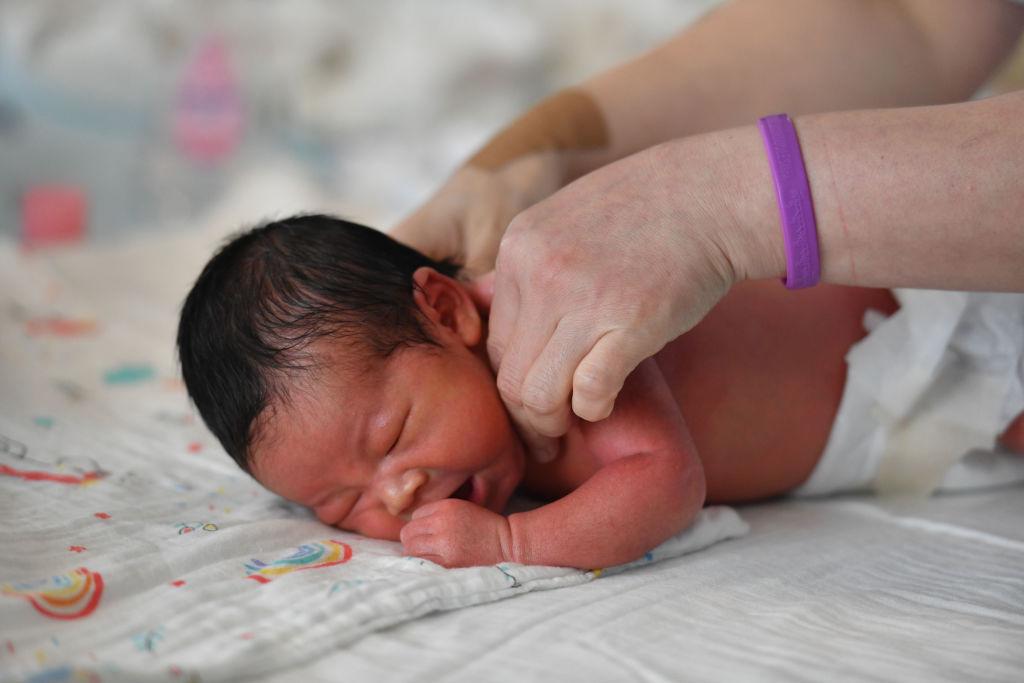Met Commissioner Sir Mark Rowley has poured cold water on calls to ban a pro-Palestinian march on Armistice Day this Saturday, saying there “will be a protest this weekend.”
Sir Mark said the intelligence around the potential for serious disorder this weekend “does not meet the threshold to apply for a ban,” and the Metropolitan Police won’t apply for a ban unless the situation changes in the coming days.





